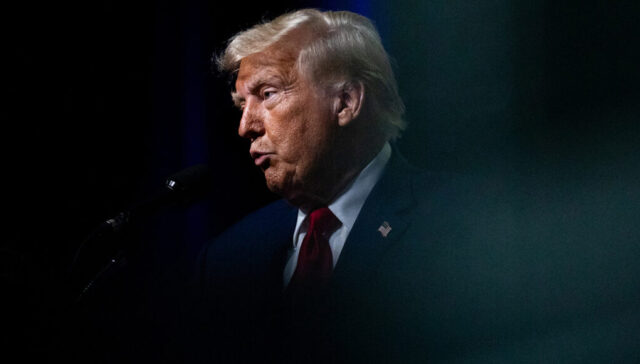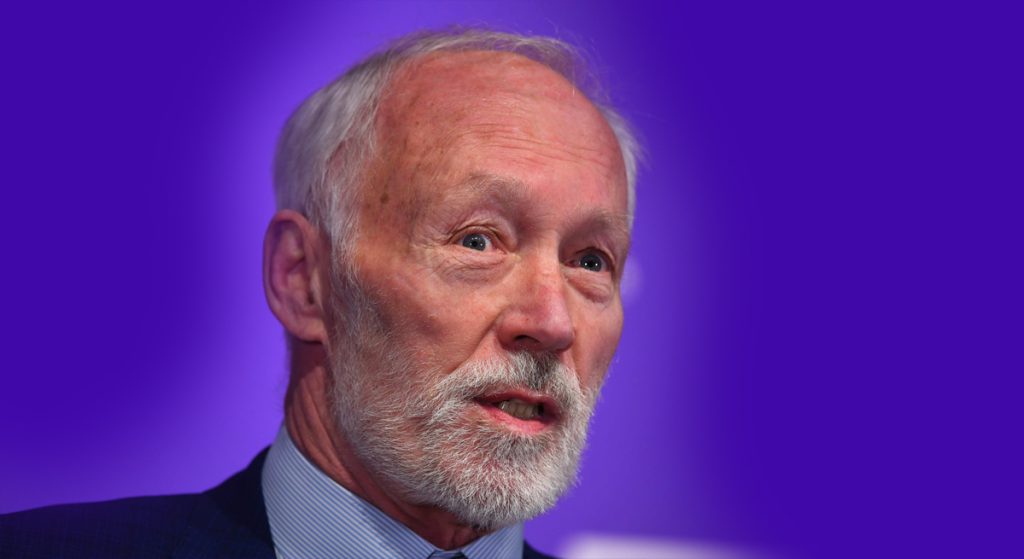Trump promised libertarians. Here we go!
As I write, the American Left’s echo chamber is strangely silent, no doubt stunned at the announcement.
Let’s set the scene: Across the swampy stench of Washington D.C., where the only things typically ‘efficient’ are the lobbyists’ ability to secure pork barrel projects, comes a revivifying breeze. It’s not just any change; it’s the kind of disruptive innovation that could only come from someone who thinks space travel should be as common as a trip to the supermarket. Here’s Elon, not content with electric cars, interplanetary colonisation, and brain chips, deciding to take a crack at what might be his most Sisyphean task yet: making the government efficient.
Now, imagine the reactions. The Left, already on edge from Milei’s ‘Afuera!’ chants across the pond, are positively quivering. ‘Elon’s gone too far this time!’ and ‘Ron Paul will be the end of us!’ they’ll wail, as if expecting the sky to fall because someone dared to challenge the Deep State. They see visions of chainsaws to the bureaucratic red tape, of waste being not just reduced but annihilated. To them, it’s as if Musk has invited a von Mises vampire into the house of government – not because he’s inherently evil, but because he’s going to drain it of all its toxic, contagious blood.
This isn’t just about cutting fat; it’s about rethinking the very structure of government.
And you can understand why Elon might want to spice things up. He’s a libertarian now in all but having ‘I Love Hayek’ tattooed on his forehead. Consider his recent revelations. The government fined Space X $140,000 for the crime of spraying fresh water on his launching pad to cool the rockets on take-off. We’re talking Brownsville, Texas, which annually receives 700+ mm of fresh water just in rain alone but, no, Elon’s fresh water is an environmental disaster.
Then there was the ensnaring Catch-22 by the Kafkaesque bureaucracy. One law forced him into DEI hires of illegal immigrants while the other law bound him to only employ US citizens for defence security reasons. Cop that! Damned if you do. Damned if you don’t. No wonder Elon’s now a libertarian and turned to the Grand-Poo-Bah of freedom fighters in the good doctor from Texas.
And why not? If you’ve ever tried to navigate the bureaucratic labyrinth of even Australian federal departments, you’ll understand why this might just be the revolution Americans need. Here’s Ron Paul, the man who once asked, ‘Where in the Constitution is there any authority for Congress to fund education?’, now potentially wielding the scalpel to slice through the Gordian Knot of government department duplication.
Consider this: the US has departments that could be triplets in their redundancy. There’s the Federal Department of Education, the State departments of education, and the local government school district departments. What the first two do, apart from employing teacher union reps, no one knows. And then there’s the US Department of Energy, which might as well be named the Department of Irony given its track record on energy efficiency. Both could do with a severe diet and who better than Dr Ron Paul, the perennial advocate for limited government, to serve up the meal plan?
It’s not just any change; it’s the kind of disruptive innovation that could only come from someone who thinks space travel should be as common as a trip to the supermarket.
This isn’t just about cutting fat; it’s about rethinking the very structure of government. Elon Musk, with his penchant for first-principles thinking, might just be the catalyst needed to ask: Why do we have all these agencies? What are they actually achieving? And most importantly, do we need them at all?
Hell, government might get a new three-letter agency: KPI.
Oh, the fear and loathing this move will garner from the financially-affected Left. They will see this as the first domino leading to the end of civilisation as we know it, the sky will fall and we must warn the king and the rest of the town! They’re terrified of the idea that government might actually serve the people, not the bureaucrats. They envision a world where their pet projects might get the axe, where the gravy train of government waste might finally derail.
Gone, the mercantilism causing democratic drift. Gone the corporatism and consultants with their snouts in the troughs.
Yet, for those of us who dream of a government that functions with the precision of a Tesla assembly line, this is a moment of hope. If Ron Paul and Elon Musk can bring to the government the same disruptive innovation seen in SpaceX or Tesla, we might just see the start of a Great Revolution in America, resulting in a government that’s lean and, mostly, out of our lives.
All hinges on a Trumpian victory.
As we Australians watch the greatest spectacle on Earth, mindful of our observer-status but somehow still drawn like a moth to flame, let’s raise a glass to the potential end of American decline. And here’s to Elon, who operates by first principles, and Ron, as principled as they come and possibly entering his last act of public service. May these tenacious two be poised to make the Department of Government Efficiency not just a dream, but a reality.
Afuera!
This article first appeared in the Spectator Australia.








